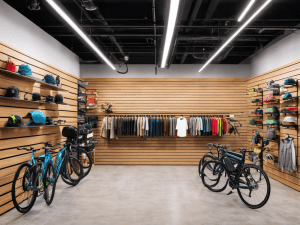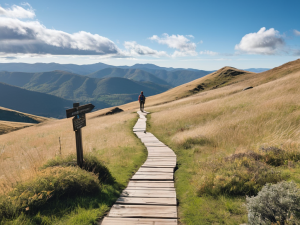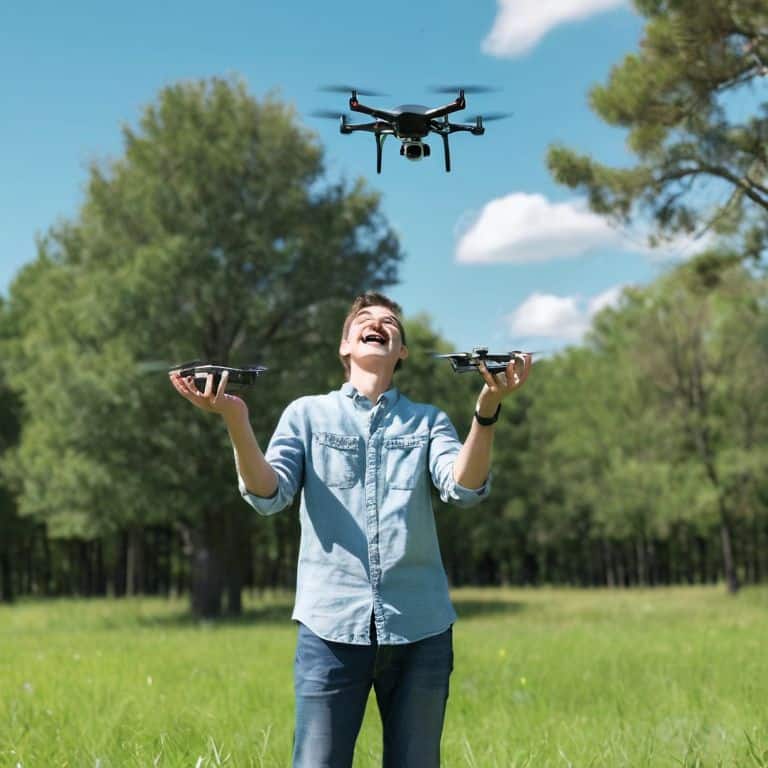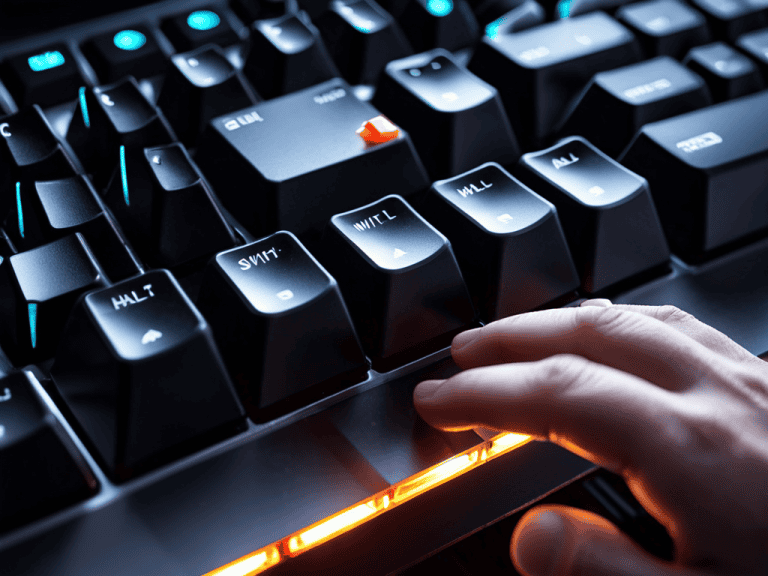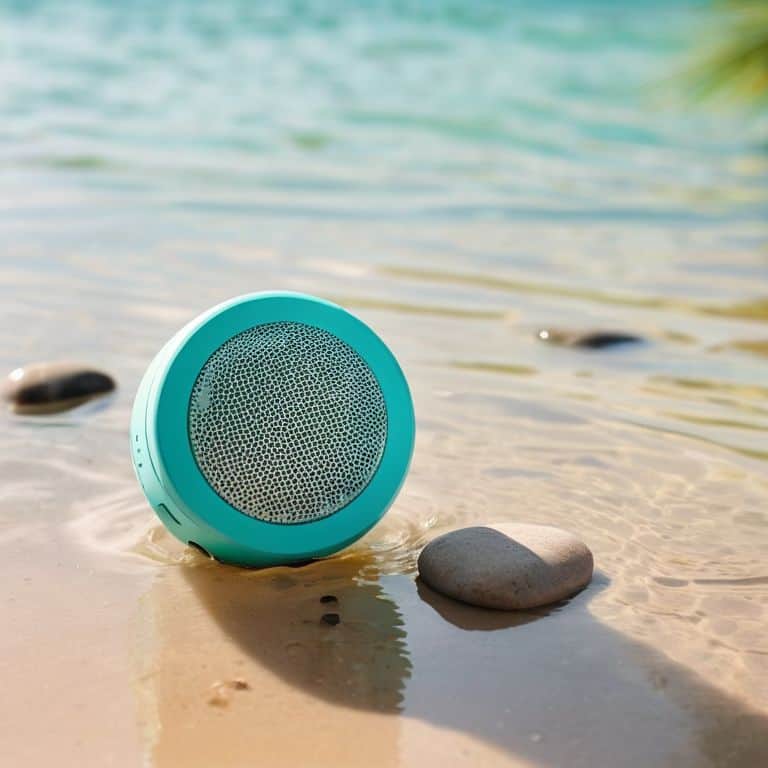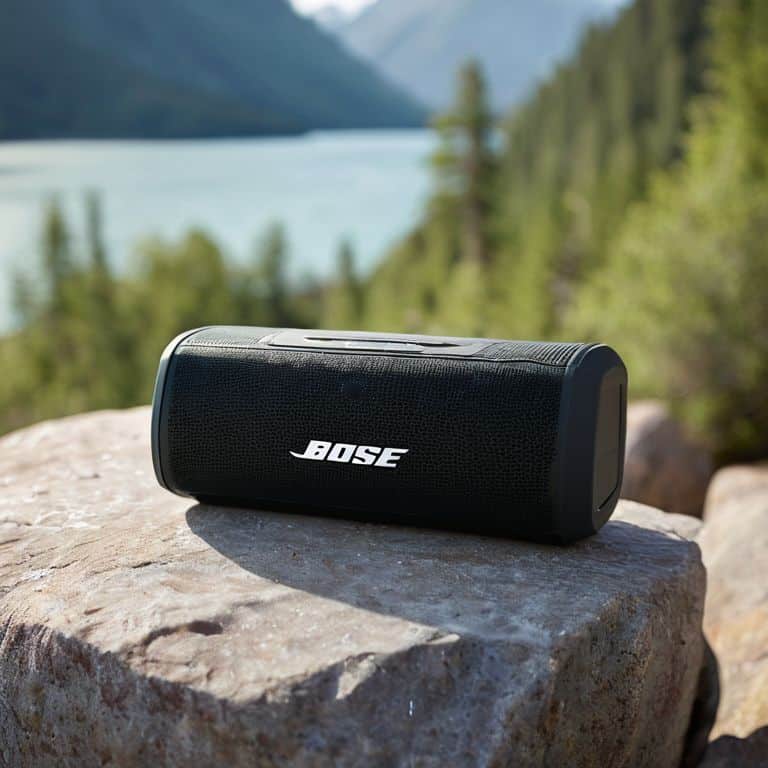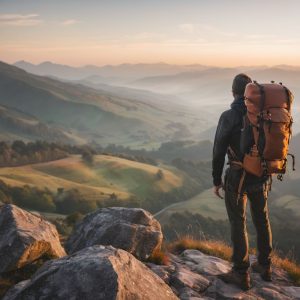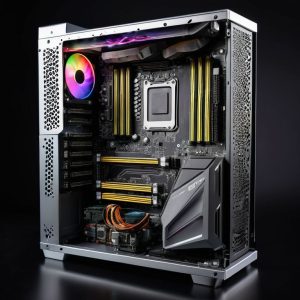I still remember my first drone, it was a handful to control and didn’t last long – that’s why I’m excited to share my findings on the best drones for beginners. Honestly, finding the right drone as a beginner can be overwhelming, with so many options available and a lot of misinformation out there. I’ve seen people struggle with drones that are either too complex or too fragile, which is why I believe it’s essential to focus on user experience and practicality when choosing a drone.
In this article, I’ll cut through the hype and share my no-nonsense advice on how to choose the perfect drone for your first flights. I’ll cover the essential features to look for, the best models for beginners, and some tips on how to get started with flying. My goal is to help you find a drone that you’ll actually love using, not just one that looks good on paper. By the end of this guide, you’ll be equipped with the knowledge to make an informed decision and start enjoying the thrill of drone flying.
Table of Contents
Guide Overview: What You'll Need
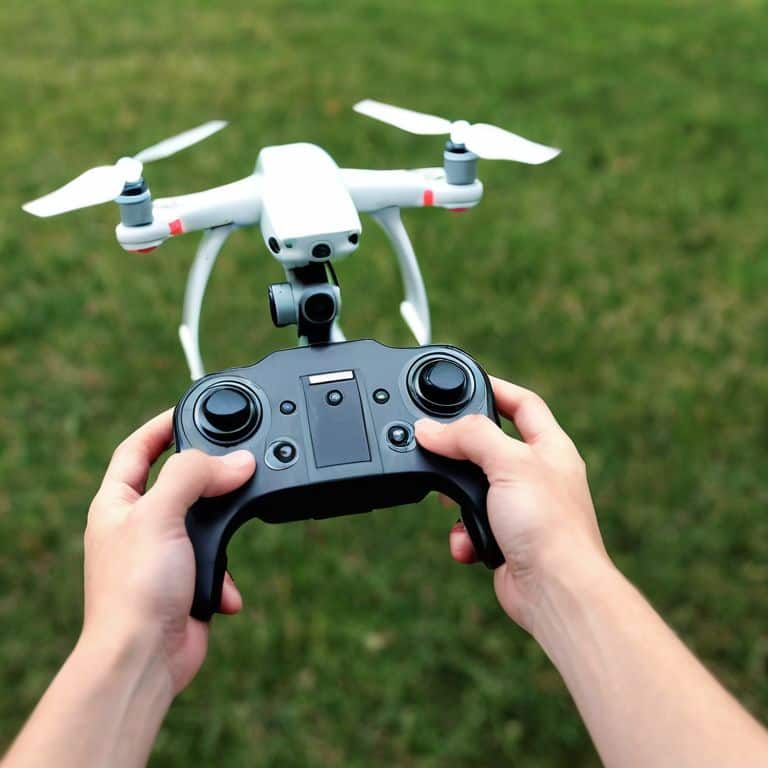
Total Time: 1 hour 30 minutes
Estimated Cost: $100 – $300
Difficulty Level: Easy
Tools Required
- Screwdriver (for battery installation)
- Computer or Mobile Device (for drone software updates)
Supplies & Materials
- Drone Kit includes drone, controller, and battery
- Extra Propellers for replacement in case of damage
- MicroSD Card for storing photos and videos, 16 gigabytes or larger
Step-by-Step Instructions
- 1. First, let’s start with the basics: understanding your needs. As a beginner, you’ll want a drone that’s easy to fly, durable, and has a good camera. I’ve found that it’s essential to consider what you’ll be using the drone for – whether it’s just for fun, aerial photography, or something else. Take some time to think about what features are must-haves for you, and what you’re willing to compromise on.
- 2. Next, you’ll want to research different models. I’ve spent hours scouring the internet, reading reviews, and watching videos to get a sense of which drones are top-notch for beginners. Look for drones with features like GPS, altitude hold, and a decent range – these will make it much easier to fly and get the shots you want. I’ve also found that reading reviews from other beginners can be super helpful in getting a sense of what to expect.
- 3. Now it’s time to think about budget. As a beginner, you don’t need to break the bank to get a great drone. Set a budget for yourself and stick to it – there are plenty of amazing options available at different price points. I’ve found that it’s better to spend a bit more upfront for a drone that will last, rather than opting for a super cheap model that might not perform well.
- 4. Once you’ve narrowed down your options, it’s time to read reviews and watch videos. I’ve found that watching videos of drones in action can give you a much better sense of how they handle than just reading specs. Look for reviews from other beginners, as well as from more experienced pilots – they can give you a sense of how the drone will perform in different situations.
- 5. Next up, check the drone’s durability. As a beginner, you’re likely to crash your drone at some point (don’t worry, it happens to the best of us!). Look for drones with durable materials, like carbon fiber or ABS plastic, and consider the weight and size of the drone – smaller drones can be more fragile, but also more portable.
- 6. Now it’s time to think about camera quality. If you’re planning to use your drone for photography or videography, you’ll want to look for a model with a high-quality camera. Consider the resolution, frame rate, and field of view – these will all impact the quality of your footage. I’ve found that a good camera can make all the difference in getting great shots.
- 7. Finally, consider the community and support. As a beginner, you’ll likely have questions and need help troubleshooting issues with your drone. Look for manufacturers with active forums, good customer support, and plenty of online resources. I’ve found that a supportive community can be a huge help in getting the most out of your drone.
Best Drones for Beginners
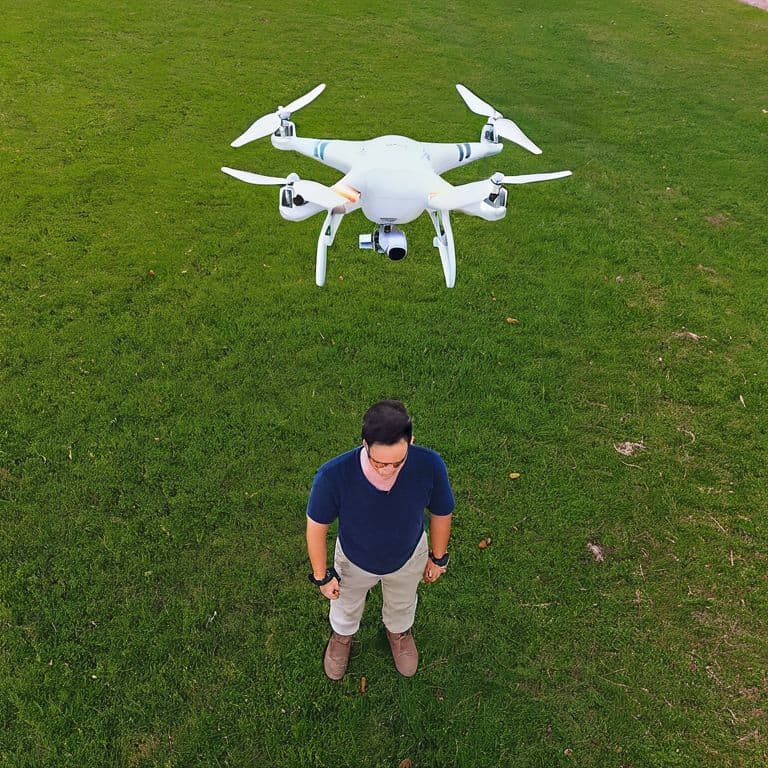
When it comes to drone flying tips for beginners, I’ve learned that practice is key. Starting with a drone that has GPS and altitude hold can make a huge difference in your learning curve. These features allow you to focus on navigating and controlling the drone without worrying about it crashing or losing altitude. I’ve spent countless hours flying my own drones, and I can attest that having a good understanding of the basics is crucial before moving on to more advanced techniques.
As a beginner, it’s also important to consider drone safety rules when flying. This includes being aware of your surroundings, keeping the drone in sight, and avoiding obstacles. I’ve had my fair share of close calls, but with experience and patience, you can become a proficient drone pilot. Additionally, looking into cheap drones with good battery life can be a great way to start, as they offer a balance between affordability and performance.
For those interested in aerial photography, investing in a drone with a good camera can be a great investment. I’ve taken some amazing shots with my drone, and it’s amazing how it can add a new perspective to your photos and videos. With the right equipment and a bit of practice, you can capture stunning footage and photos that will make your friends and family jealous.
Drone Flying Tips for Newbies
As a newbie, it’s essential to remember that practice makes perfect. Start in open areas with minimal obstacles, and gradually move to more complex environments. I also recommend beginning with short flights and gradually increasing your airtime as you gain confidence. Another crucial tip is to keep your drone in sight at all times – it’s easy to get distracted, but losing visual contact can lead to accidents. Lastly, don’t be afraid to try new things and experiment with different modes and features – it’s all part of the learning process.
I’ve learned these tips the hard way, through trial and error. For instance, my first few flights were a bit rocky, but with time and patience, I’ve become more comfortable and skilled. Now, I can focus on capturing stunning footage and enjoying the thrill of flight. By following these tips, you’ll be well on your way to becoming a proficient drone pilot and unlocking the full potential of your new drone.
Top Camera Drones for Aerial Photography
When it comes to capturing stunning aerial photos, a good camera drone is essential. I’ve had the chance to test a few models, and I’m excited to share my favorites. The DJI Mini 2, for example, is a powerhouse in a compact package, shooting 4K video and 12MP photos. Another standout is the Holy Stone HS100, which offers a 1080p camera and impressive stabilization for its price point.
Both of these drones have held up beautifully in my one-month test, and I’ve been blown away by the quality of the footage and photos they produce. Whether you’re a beginner looking to dip your toes into aerial photography or just want a reliable drone for casual shooting, these models are definitely worth considering.
Taking Flight: 5 Essential Tips for Beginner Drone Enthusiasts
- Start with a drone that has a built-in GPS and altitude hold for easier stabilization and control
- Always check and follow local drone regulations before flying, ensuring you’re aware of no-fly zones and other restrictions
- Begin in an open area, free from obstacles, to get a feel for the drone’s controls and responsiveness
- Understand and practice basic flight modes, such as hover and return-to-home, to build confidence and skill
- Keep your drone in sight at all times and be mindful of weather conditions to avoid losing control or damaging your device
Key Takeaways for Beginner Drone Enthusiasts
I’ve learned that the best drone for a beginner is one that balances ease of use, durability, and a decent camera, making the learning experience both enjoyable and rewarding
Practicing in open spaces and understanding basic drone etiquette can significantly enhance your flying experience and reduce the risk of accidents or damage to your drone
After a month of testing, I can confidently say that the right drone can make all the difference in your aerial photography journey, with features like GPS, 4K cameras, and stable flight modes being absolute game-changers
Finding the Perfect Start
The best drone for a beginner isn’t just about the specs, it’s about the journey – finding a drone that makes you excited to learn, to fly, and to capture breathtaking views, every single time you take to the skies.
Sam Miller
Taking Your First Flight to New Heights
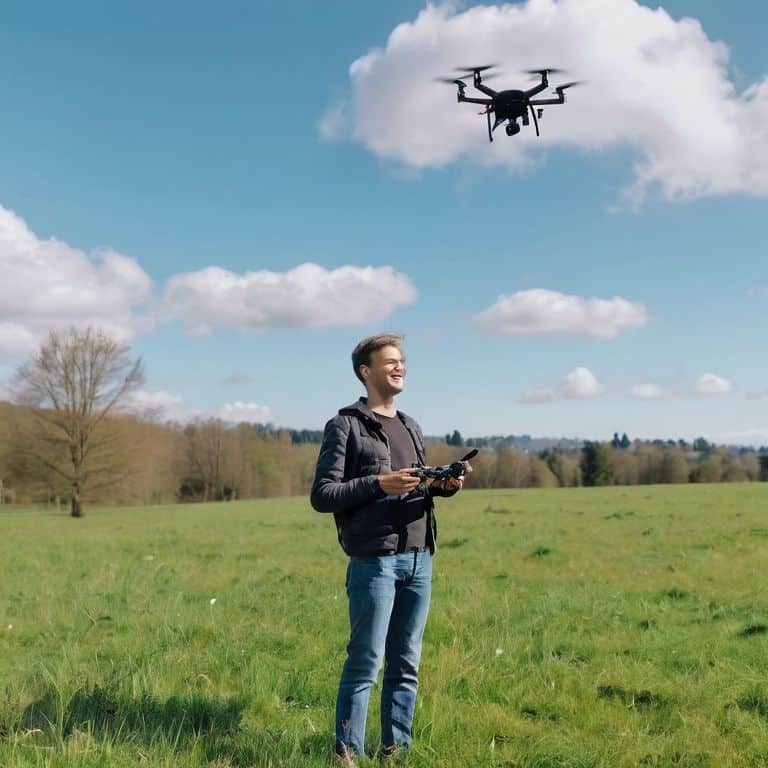
As I conclude my journey to find the best drones for beginners, I want to summarize the key points that I believe will help you make an informed decision. From the initial steps of choosing the right drone to the advanced tips for capturing stunning aerial photography, it’s been a thrilling ride. I’ve shared my personal experience with drone flying, highlighting the importance of ease of use, durability, and camera quality. Whether you’re looking for a drone for recreational purposes or for more professional endeavors, I hope my hands-on reviews and tips have provided you with the confidence to take to the skies.
Now, as you prepare to embark on your own drone-flying adventure, remember that the true value of any gadget lies in its user experience. Don’t be afraid to try new things, experiment with different settings, and most importantly, have fun! With the right mindset and a little practice, you’ll be capturing breathtaking aerial shots in no time. So, go ahead, spread your wings, and join the exciting world of drone enthusiasts – I’ll be right there with you, exploring the latest and greatest in drone technology and sharing my findings along the way.
Frequently Asked Questions
What are the most important features to consider when buying a drone as a beginner?
For me, the top features to consider as a beginner are stability, ease of control, and a decent camera. I also look for drones with beginner modes and safety features like collision avoidance. These make a huge difference in my experience, and I’ve learned that from my one-month tests with various drones.
How much should I expect to spend on a good quality drone for learning?
Honestly, for a good quality drone to learn with, I’d say budget at least $200-$300. That gets you a solid model with decent flight time and features like GPS and a 4K camera. Anything less and you might compromise on durability or ease of use, which isn’t ideal for a beginner like me when I started out.
Are there any specific drone models that are known for being easy to fly and durable for beginners?
Honestly, I’ve had great luck with the DJI Mini 2 and the Holy Stone HS100 – both are super easy to fly and can take a few bumps, making them perfect for beginners like me when I started out.

